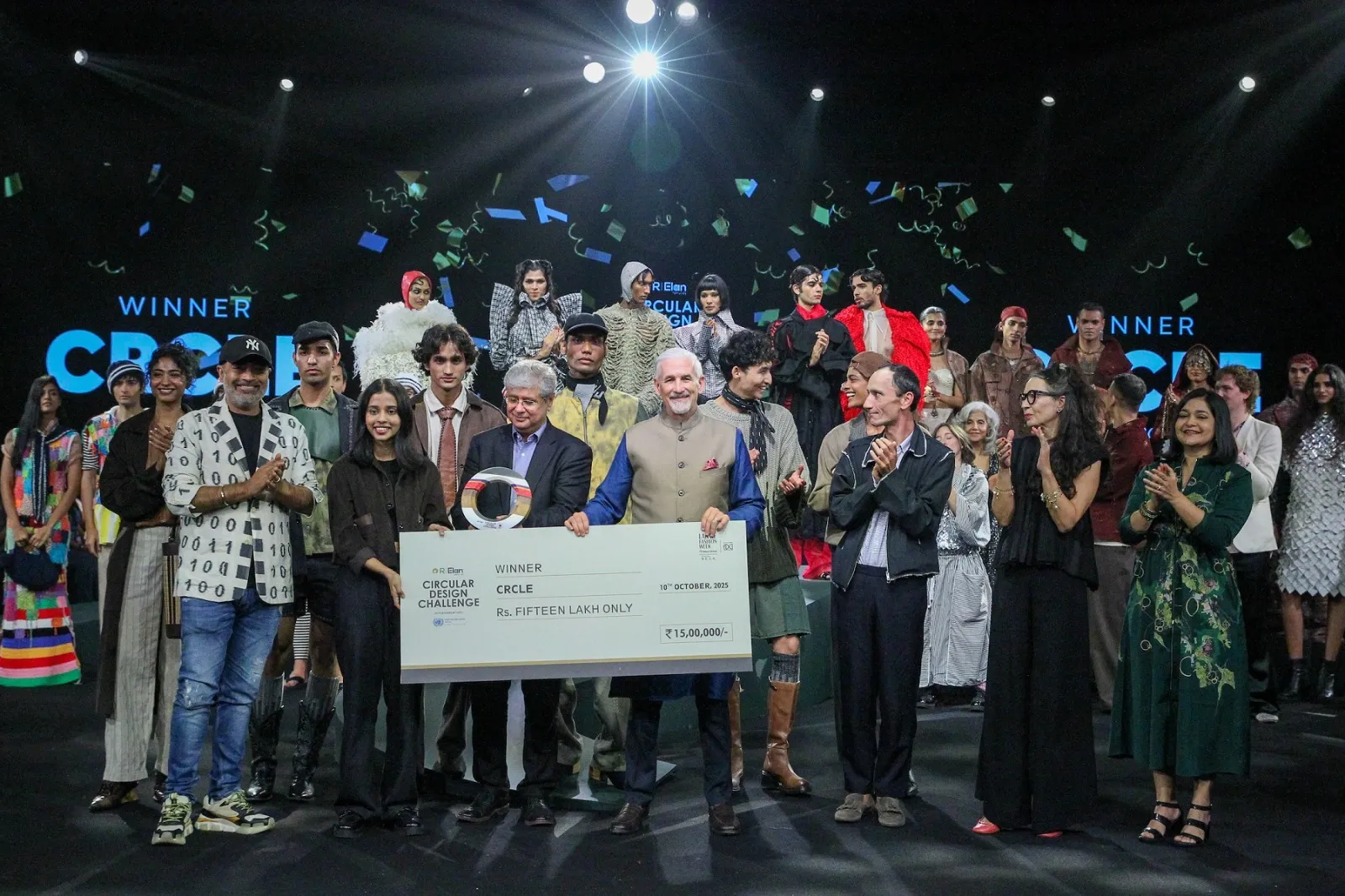India Leads the Global Dialogue on Circular Fashion with R|Elan™ Circular Design Challenge in partnership with the United Nations in India 2025
Kimi Dangor – Fashion journalist, editor, and consultant
Related Articles
Vantara Foundation Day: One Year after Inaugration by Prime Minister Narendra Modi, Many Animals Restored to Health and Returned to the Wild
On Vantara Foundation Day, marking one year since its inauguration by Prime Minister Narendra Modi, Vantara reflects on a year of measurable impact in...
Adani University Emerges as Academic Hub for IETE West Zone Seminar and ISF Congress 2026
Adani University emerged as a key academic hub for the IETE West Zone Seminar and IETE Students Forum (ISF) Congress 2026, organised on the...
13 Cities, 400 Volunteers: The WE Foundation and Grant Thornton Partner to Combat Urban Waste on National Cleanliness Day
To commemorate National Cleanliness Day, The WE Foundation (TWF), a leading non-profit dedicated to creating inclusive societies, has announced a strategic partnership with Grant...


